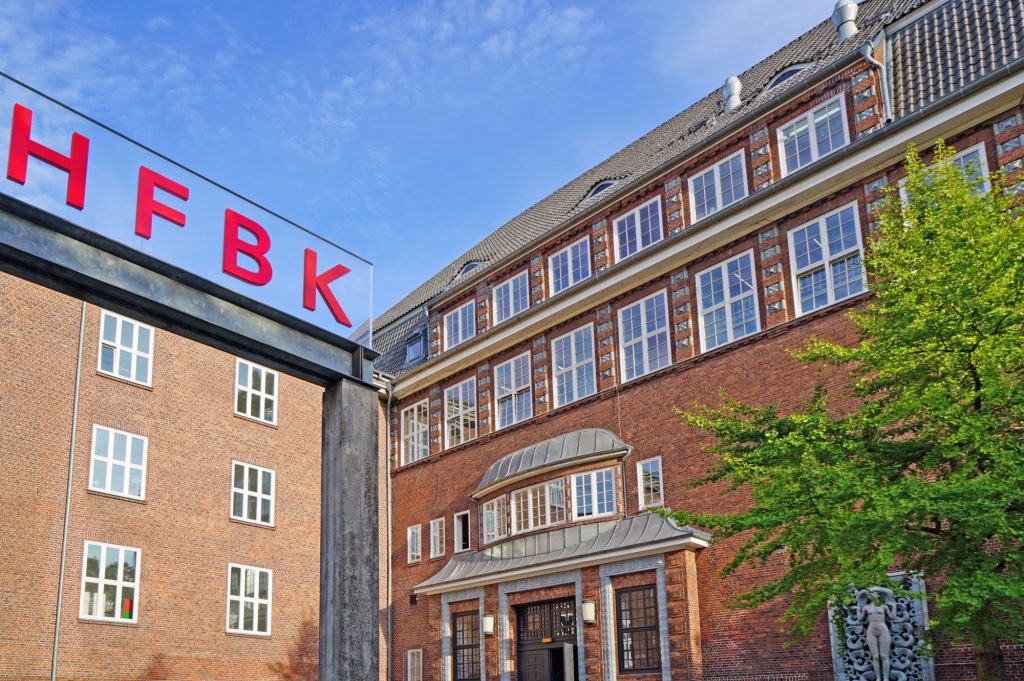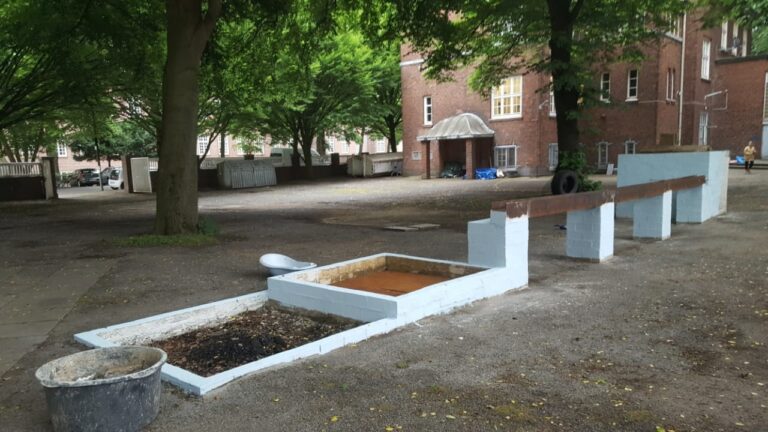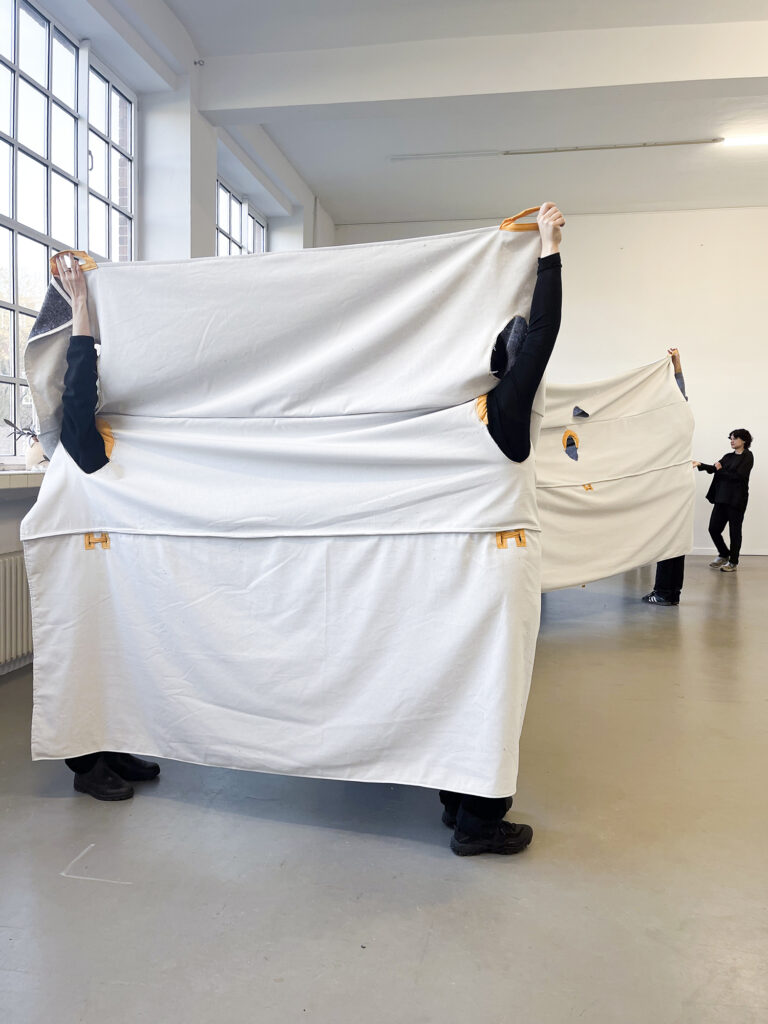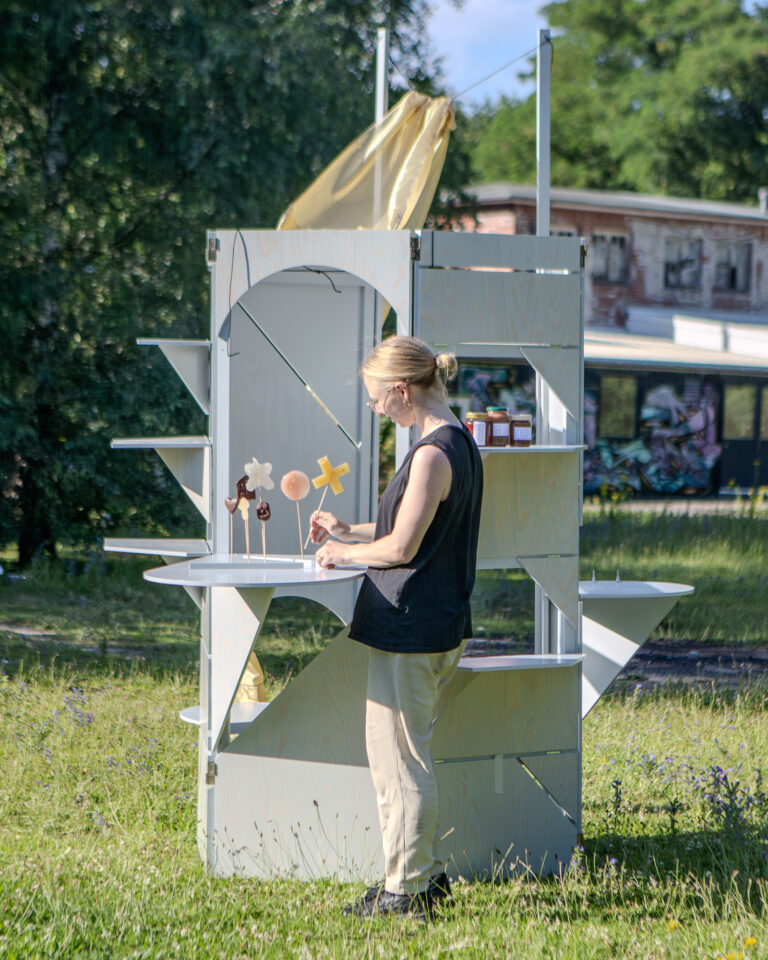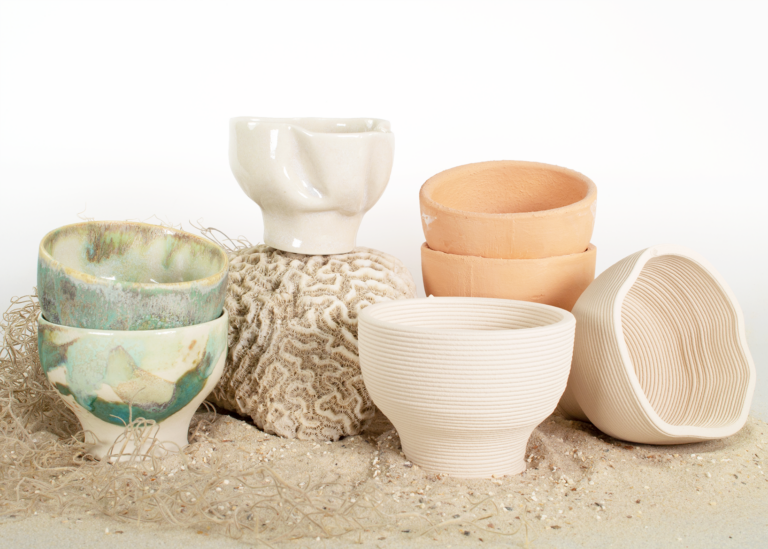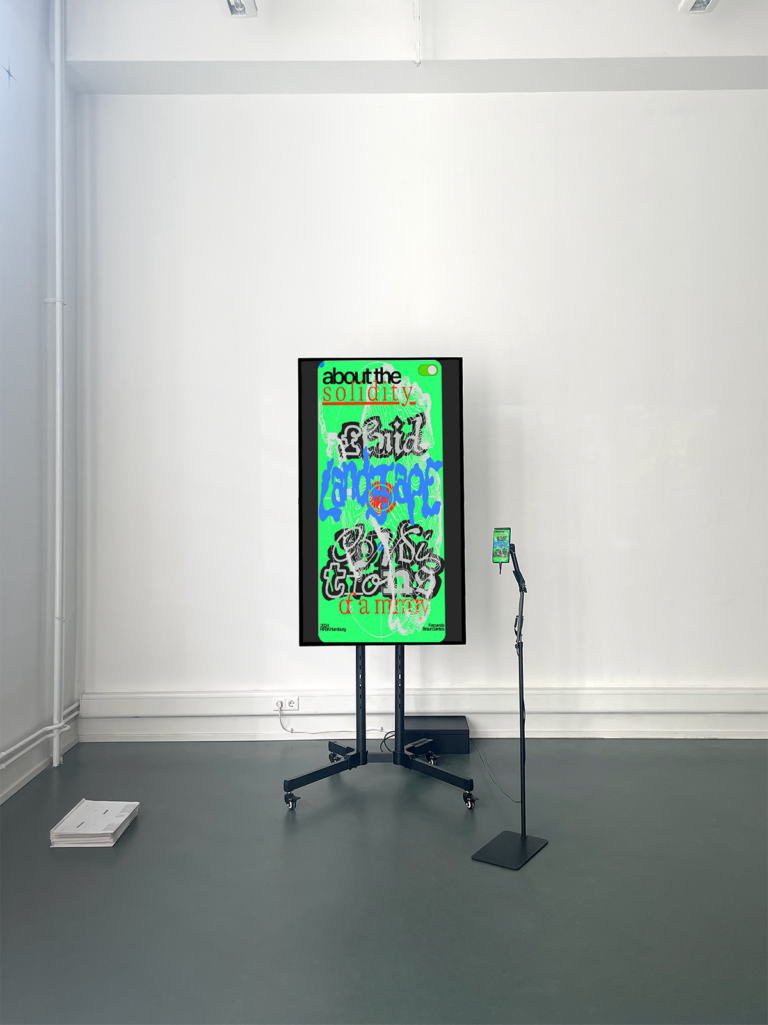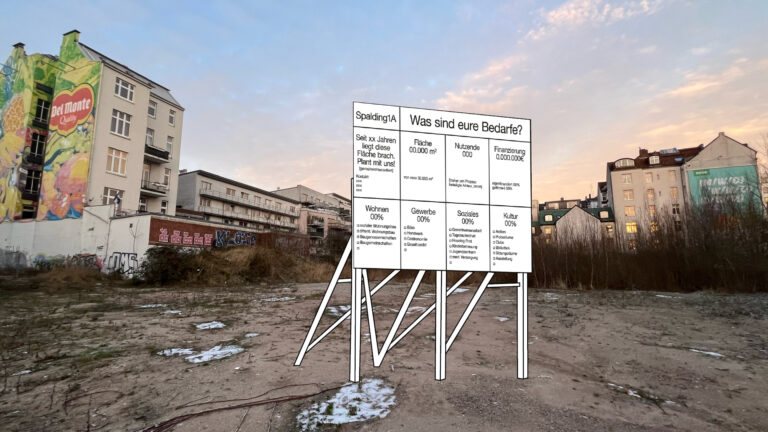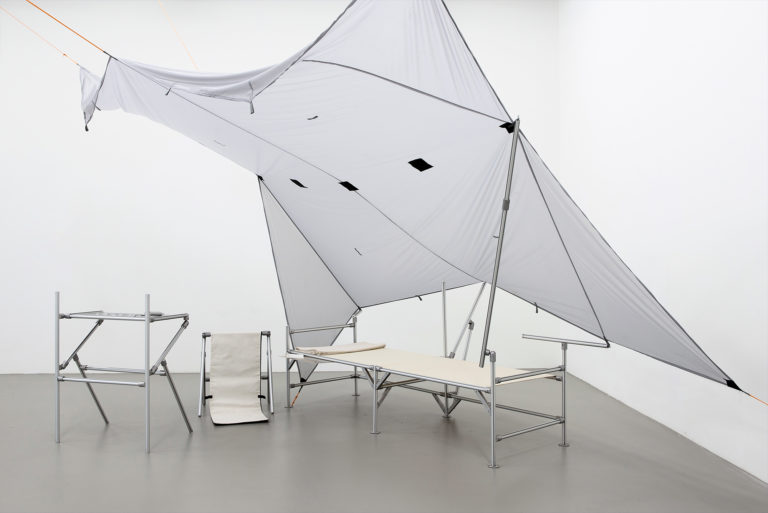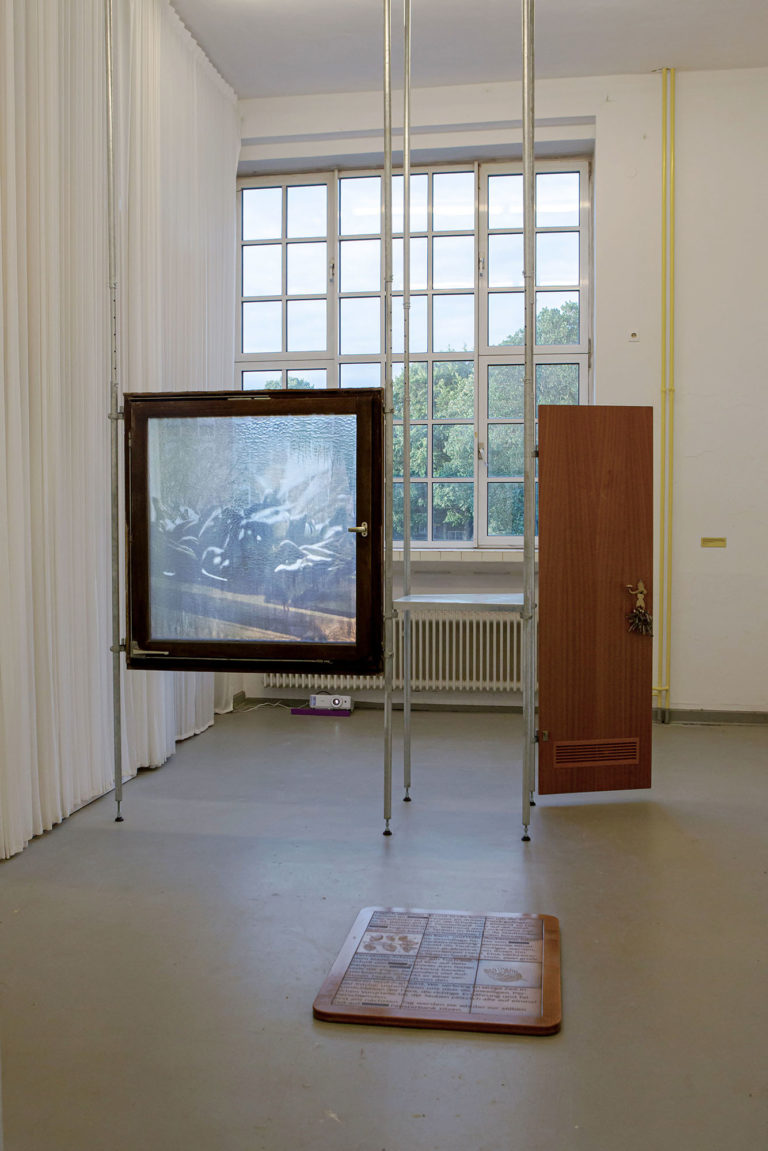Hochschule für bildende Künste Hamburg
hfbk-hamburg.de
design.hfbk-hamburg.de/
Johanna Dehio
Professor for introduction to artistic work in Design
Glen Oliver Löw
Professor of product design
Jesko Fezer
Professor of Experimental Design
Konstantin Grcic
Professor of Open Design
Gilly Karjevski
Visiting Professor Social Design
Dr. Friedrich von Borries
Professor of Design Theory
The Hochschule für bildende Künste (HFBK) is the Hamburg state academy of higher artistic and scientific education. The HFBK offers the opportunity to study for interdisciplinary artistic and scientific qualifications. Students work in studios and are extensively supported by art and science tutors in seminars and in individual and group tutorials. The aim of studies is to enable students to pose new issues in all artistic disciplines and to achieve innovative solutions.
The HFBK’s consecutive Bachelor and Master study programmes connect all subjects, from Sculpture, Stage Design, Design, Film, Graphic Art/Typography/Photography, Painting/Drawing, Theory and History, to Time-based Media.
Studies do not follow a rigid curriculum. The scientific courses on offer allow for studies in art and cultural theory, aesthetic, art-historical and media-specific studies, which contribute to artistic production in different ways, or may lead to a scientific qualification. In the numerous artistic workshops, supplementary knowledge concerning the materials and applications of any given work area will be transmitted, and the necessary manual and technical skills learned.
International collaborations are especially emphasised by the HFBK. Offers of lectureships to international artists and exchange and co-operation by teachers and students testify to diverse partnerships with overseas universities.
About the study programme Design
Design is a powerful tool. We use it to negotiate, what kind of world it is that we want to live in. The Department of Design opens up experimental spaces for the design of social objects, structures and processes. It deals with the shifts and instabilities in the social fabric of commodities, information and power. Awareness of the diversity of design is developed in the conceptual debate as well as in testing materials. In this way, contributions to other possible working and living environments are to be designed.

